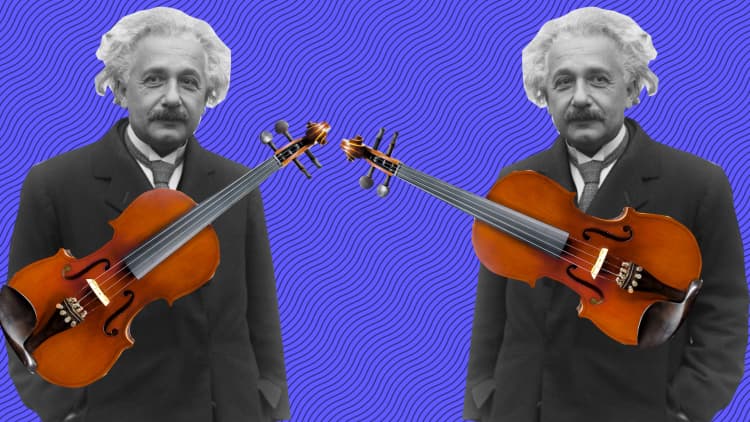If you're the youngest or middle child in your family, get ready for some unwelcome news: Your eldest sibling is likely right when they brag about being the oldest and the wisest.
And you can blame your parents for this.
Research published in the Journal of Human Resources found that firstborn children outperform their younger siblings on cognitive tests starting from infancy — they are better set up for academic and intellectual success thanks to the type of parenting they experience.
"First-time parents tend to want to do everything right and generally have a greater awareness of their interactions with and investments in the firstborn," Jee-Yeon K. Lehmann, co-author of the research and an economist at the Analysis Group in Boston, told NBC's "TODAY." "With each subsequent child, parents tend to relax to a greater extent what they might deem as non-essential needs for their kids."
So while your parents may love and care for all their children equally, firstborns tend to get the most mental stimulation, since they receive the undivided attention of both parents and all that first-time anxiety.
Once parents have successfully brought one child into the world, they find it more challenging to devote the same level of time and investment to subsequent children. The research found, for instance, that parents spend less time reading to their younger children as well as teaching them basic concepts, such as the alphabet. Later-born kids were also less likely to be given mentally engaging activities or toys.
This shift in parenting had no impact on a child's attitude or personality, but it did lead to increased academic confidence and performance for firstborns, according to the research, which is based on an analysis of data collected in the National Longitudinal Survey of Youth.
So parents, as tempting as it may be to dial back on the learning activities, Baby Einstein toys and alphabet singalongs, especially when you're juggling multiple demanding kids, try to hang on to a dose of the overzealous panic you had with your first. Such heavy early investments in your child's intellect do seem to have long-lasting positive impacts on their development.
This early parental investment bump may also be behind the findings of other studies on birth-order differences, which have shown that the eldest child tends to have a slight IQ advantage of a point or two over their siblings, are 30% more likely to be CEOs or politicians, and 7% more likely to aspire to stay on in education than their younger brothers or sisters.
There were two other factors that could also contribute to the intelligence difference, Lehmann's research found. With later pregnancies, mothers were less likely to cut out alcohol and breastfeed.
Like this story? Subscribe to CNBC Make It on YouTube!
Don't miss: 15 jobs that pay more than $75,000 that you can get without a bachelor's degree

Disclosure: NBC and CNBC are divisions of NBCUniversal.


